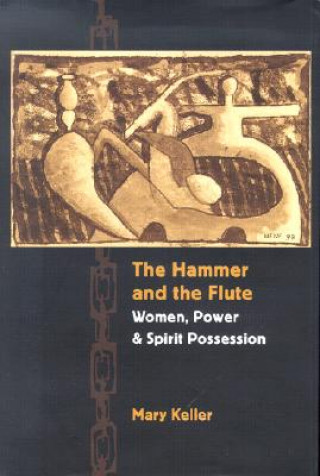
Kód: 04709102
Hammer and the Flute
Autor Mary Keller
Feminist theory and postcolonial theory share an interest in developing theoretical frameworks for describing and evaluating subjectivity comparatively, especially with regard to non-autonomous models of agency. As a historian of ... celý popis
- Jazyk:
 Angličtina
Angličtina - Vazba: Pevná
- Počet stran: 304
Nakladatelství: Johns Hopkins University Press, 2002
- Více informací o knize

1343 Kč
Dostupnost:
50 % šance Máme informaci, že by titul mohl být dostupný. Na základě vaší objednávky se ho pokusíme do 6 týdnů zajistit.
Máme informaci, že by titul mohl být dostupný. Na základě vaší objednávky se ho pokusíme do 6 týdnů zajistit.Prohledáme celý svět
Mohlo by se vám také líbit
-
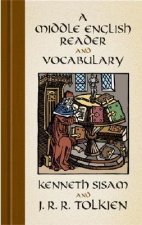
Middle English Reader and a Middle English Vocabulary
568 Kč -

First Snow
342 Kč -
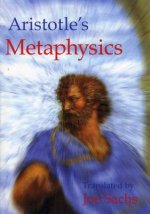
Aristotle's Metaphysics
835 Kč -

Prodigal Sons
1608 Kč -

HIV and Endocrine Disorders, An Issue of Endocrinology and Metabolism Clinics of North America
2226 Kč -

Excavation of Khok Phanom Di, Vol. 2
945 Kč -

Pearson Baccalaureate Chemistry Higher Level 2nd edition ebook only edition (etext) for the IB Diploma
1849 Kč
Dárkový poukaz: Radost zaručena
- Darujte poukaz v libovolné hodnotě a my se postaráme o zbytek.
- Poukaz se vztahuje na celou naši nabídku.
- Elektronický poukaz vytisknete z e-mailu a můžete ihned darovat.
- Platnost poukazu je 12 měsíců od data vystavení.
Informovat o naskladnění knihy
Zadejte do formuláře e-mailovou adresu a jakmile knihu naskladníme, zašleme vám o tom zprávu. Pohlídáme vše za vás.
Více informací o knize Hammer and the Flute
Nákupem získáte 134 bodů
 Anotace knihy
Anotace knihy
Feminist theory and postcolonial theory share an interest in developing theoretical frameworks for describing and evaluating subjectivity comparatively, especially with regard to non-autonomous models of agency. As a historian of religions, Mary Keller uses the figure of the "possessed woman" to analyze a subject that is spoken-through rather than speaking and whose will is the will of the ancestor, deity or spirit that wields her to engage the question of agency in a culturally and historically comparative study that recognizes the prominent role possessed women play in their respective traditions. Drawing from the fields of anthropology and comparative psychology, Keller brings the figure of the possessed woman into the heart of contemporary argument as an exemplary model that challenges many Western and feminist assumptions regarding agency. Proposing a new theoretical framework that re-orients scholarship, Keller argues that the subject who is wielded or played, the hammer or the flute, exercises a paradoxical authority-"instrumental agency"-born of their radical receptivity: their power derives from the communities' assessment that they no longer exist as autonomous agents. For Keller, the possessed woman is at once "hammer" and "flute," paradoxically powerful because she has become an instrument of the overpowering will of an ancestor, deity, or spirit. Keller applies the concept of instrumental agency to case studies, providing a new interpretation of each. She begins with contemporary possessions in Malaysia, where women in manufacturing plants were seized by spirits seeking to resacralize the territory. She next looks to wartime Zimbabwe, where female spirit mediums, the Nehanda mhondoro, declared the ancestors' will to fight against colonialism. Finally she provides an imaginative rereading of the performative power of possession by interpreting two plays, Euripides' Bacchae and S. Y. Ansky's The Dybbuk, which feature possessed women as central characters. This book can serve as an excellent introduction to postcolonial and feminist theory for graduate students, while grounding its theory in the analysis of regionally and historically specific moments of time that will be of interest to specialists. It also provides an argument for the evaluation of religious lives and their struggles for meaning and power in the contemporary landscape of critical theory.
 Parametry knihy
Parametry knihy
Zařazení knihy Knihy v angličtině Humanities Religion & beliefs Alternative belief systems
1343 Kč
- Plný název: Hammer and the Flute
- Podnázev: Women, Power and Spirit Possession
- Autor: Mary Keller
- Jazyk:
 Angličtina
Angličtina - Vazba: Pevná
- Počet stran: 304
- EAN: 9780801867873
- ID: 04709102
- Nakladatelství: Johns Hopkins University Press
- Hmotnost: 567 g
- Rozměry: 229 × 152 × 26 mm
- Datum vydání: 25. January 2002
Oblíbené z jiného soudku
-
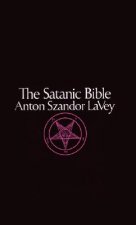
The Satanic Bible
227 Kč -
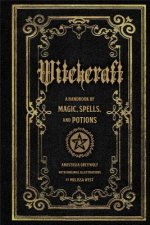
Witchcraft
335 Kč -
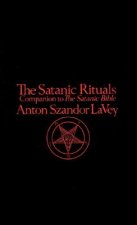
The Satanic Rituals
228 Kč -

God Is Not Great
268 Kč -
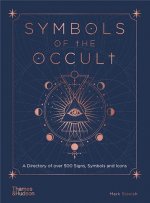
Symbols of the Occult
463 Kč -

Encyclopedia of Demons and Demonology
968 Kč -

God Is Not Great
402 Kč -

Witchcraft Medicine
596 Kč -
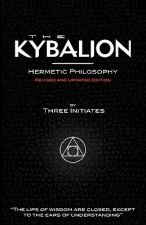
Kybalion - Hermetic Philosophy - Revised and Updated Edition
291 Kč -
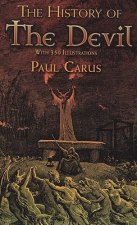
History of the Devil
704 Kč -

Shamans
1374 Kč -
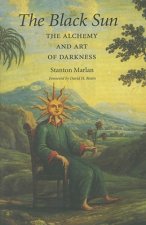
Black Sun
598 Kč -

Daemonic Offerings
334 Kč -

Gunning for God
302 Kč -

Working with Mystical Experiences in Psychoanalysis
1336 Kč -
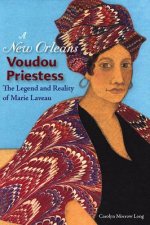
New Orleans Voudou Priestess
538 Kč -

The Secret Teachings of All Ages
557 Kč -
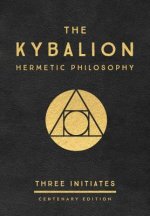
The Kybalion: Centenary Edition
453 Kč -
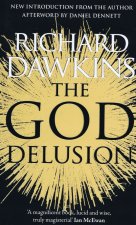
God Delusion
268 Kč -
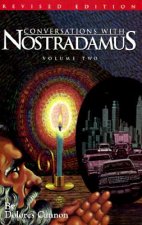
Conversations with Nostradamus: Volume 2
342 Kč -

Journey of Souls
404 Kč -
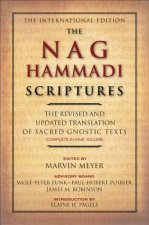
The Nag Hammadi Scriptures
816 Kč -
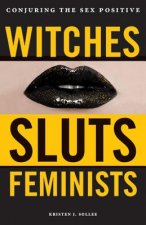
Witches, Sluts, Feminists
356 Kč -

Greek Magical Papyri in Translation, Including the Demotic Spells, Volume 1
1299 Kč -

Charmed Book of Shadows Replica
3565 Kč -

Condensed Chaos
508 Kč -
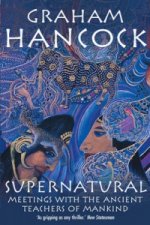
Supernatural
357 Kč -

Exorcist Tells His Story
337 Kč -
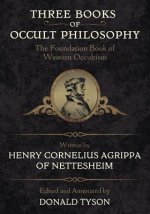
Three Books of Occult Philosophy
1466 Kč -
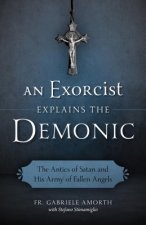
An Exorcist Explain the Demonic
317 Kč -
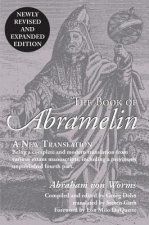
Book of Abramelin
1175 Kč -

Entering Hekate's Garden
520 Kč -

Three Books of Enoch and the Book of Giants
409 Kč -

Secret History of Lucifer (New Edition)
302 Kč -

Ultimate Journey
387 Kč -
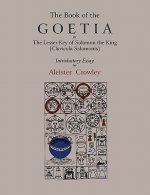
Book of Goetia, or the Lesser Key of Solomon the King ŁClavi
325 Kč -

Dance of the Four Winds
399 Kč -
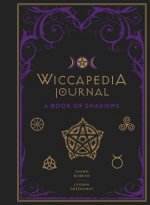
Wiccapedia Journal
406 Kč -
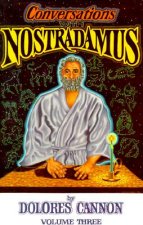
Conversations with Nostradamus: Volume 3
342 Kč -
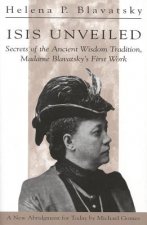
Isis Unveiled
359 Kč -
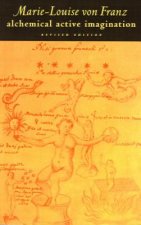
Alchemical Active Imagination
558 Kč -
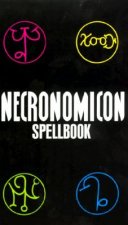
Necronomicon Spellbook
242 Kč -
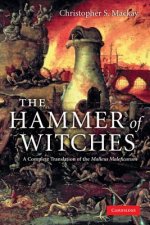
Hammer of Witches
1090 Kč -
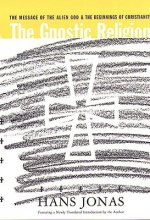
Gnostic Religion
856 Kč -
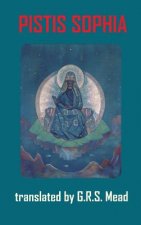
Pistis Sophia
629 Kč -
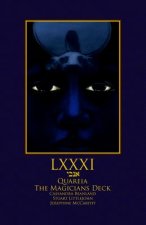
LXXXI The Quareia Magicians Deck Book
698 Kč -

Anthroposophic Medicine for All the Family
454 Kč -
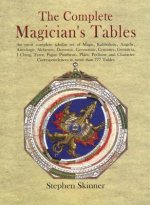
The Complete Magician's Tables
1275 Kč -

Illuminati
576 Kč
Osobní odběr Praha, Brno a 12903 dalších
Copyright ©2008-24 nejlevnejsi-knihy.cz Všechna práva vyhrazenaSoukromíCookies


 Vrácení do měsíce
Vrácení do měsíce 571 999 099 (8-15.30h)
571 999 099 (8-15.30h)